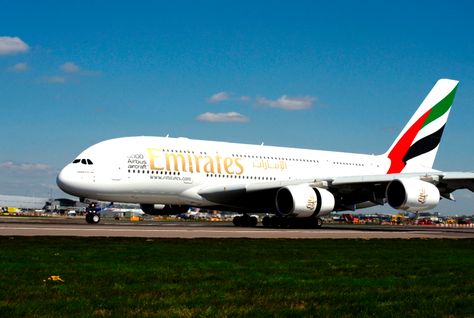Mumbai, Aug 10: An Emirates flight from Dubai to Adelaide was diverted to Mumbai on Sunday morning after an elderly passenger died onboard.

The passenger, B Peter Richard (60), was a Sydney resident and was travelling alone. Richard started bleeding from his mouth and nose while on board. He collapsed while going to the washroom. A co-passenger, who is a doctor, declared him dead.
The flight EK 440 landed at Mumbai airport around 7.30am. Medical and security personnel attended the arrival flight, said an Emirates spokesperson. "As soon as the flight landed in Mumbai, the Sahar airport police rushed Richard to a public hospital. An autopsy was carried out at the Cooper post-mortem examination centre and it was videographed," said a police officer.
Officials said that Richard was on medication and his medicines were found in his bag. "As he is a foreign national, the autopsy was videographed. The Australian embassy has been informed of the death. We conducted an inquest panchnama around 10.30am," an officer from Sahar police station said. "Based on the details in Richard's passport, the Australian embassy will locate his family in Sydney and inform them. The embassy will make arrangements to take Richard's body to Australia," the officer said. The Sahar police have recorded an accidental death case.
Forensic doctors at the post-mortem centre said that the cause of death has been reserved, pending chemical analysis and histopathology examination. The body will be moved out of the mortuary on Monday.
The Emirates official said that due to night-time arrival/departure restrictions in Adelaide, the aircraft returned to Dubai. "Passengers will be accommodated in hotels in Dubai and will re-board the delayed flight EK440 from Dubai to Adelaide at 11pm on Sunday," the spokesperson added.




Comments
I always used to study article in news papers but now as I am a user of web thus from now I
am using net for posts, thanks foods that
burn belly how to lose body fat and build muscle: http://www.nafdac.gov.ng/?option=com_k2&view=itemlist&task=user&id=40449 web.
Add new comment